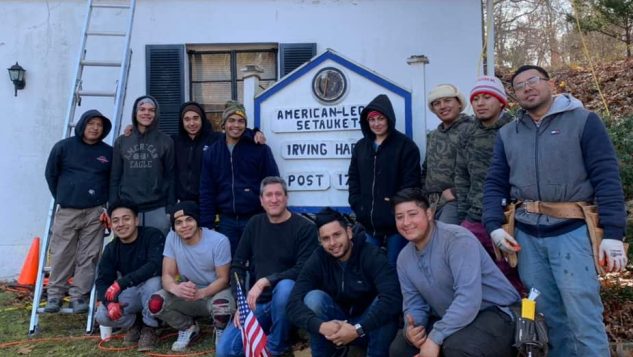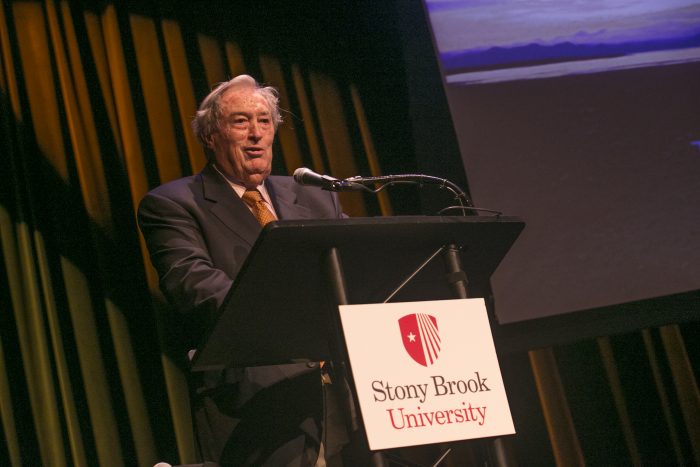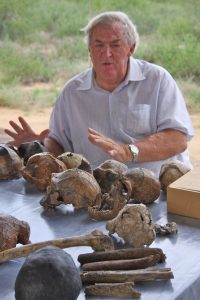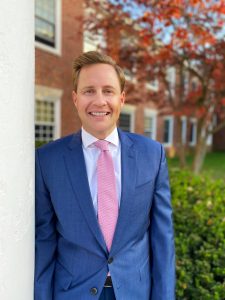The following incidents have been reported by the Suffolk County Police:
Centereach
■ Walmart on Middle Country Road in Centereach reported a petit larceny on Jan. 16. A woman put various clothing items in her cart and left the store without paying. The stolen merchandise was valued at approximately $500.
Commack
■ A petit larceny was reported at the Walmart on Crooked Hill Road in Commack on Jan. 10. A man allegedly stole a coffee machine and assorted men’s clothing valued at $113.
■ Walmart on Crooked Hill Road in Commack reported a shoplifter on Jan. 12. A man allegedly broke a glass case and stole a Nintendo video valued at $300.
■ Home Depot on Jericho Turnpike in Commack reported a petit larceny on Jan. 15. A man allegedly stole a Milwaukee power tool valued at $170.
■ Walmart on Crooked Hill Road in Commack called police on Jan. 16 to report a petit larceny. A man allegedly stole kitchen appliances valued at approximately $550.
East Setauket
■ BJ’s Wholesale Club on Nesconset Highway in East Setauket called the police on Jan. 9 at approximately 4 p.m. to report the theft of merchandise. A man allegedly took seafood from a case, concealed it under his coat and left without paying.
■ Walmart on Nesconset Highway in East Setauket called the police on Jan. 10 to report the theft of merchandise. Two women allegedly walked out of the store with assorted household items and tools without paying.
Hauppauge
■ A vehicle parked on North Hoffman in Hauppauge was broken into on Jan. 12. Credit cards and a drivers license were stolen.
■ A vehicle parked on Devonshire Road in Hauppauge was broken into on Jan. 13. The suspect broke the driver’s side window and stole a wallet and a gym bag.
Huntington
■ Mobile Gas on Wall Street reported a man allegedly pumped $40 worth of gas and drove away without paying on Jan. 16.
Lake Grove
■ Macy’s at Smith Haven Mall in Lake Grove reported a petit larceny on Jan. 9. A man allegedly stole clothing valued at approximately $230.
■ Ulta Beauty on Nesconset Highway in Lake Grove reported a shoplifter on Jan. 10 in Lake Grove. A man allegedly stole several bottles of perfume valued at approximately $2000.
■ A burglary was reported at Mayra’s Bakery on Hawkins Avenue in Lake Grove on Jan. 16. A suspect broke a glass door, entered the store and stole the cash drawer from the register.
■ Ulta Beauty on Nesconset Highway in Lake Grove reported a shoplifter on Jan. 16. A woman allegedly stole various makeup and perfume valued at approximately $500.
Port Jefferson
■ The theft of a catalytic converter from a 2013 Toyota Tacoma was reported on Jan. 17. The vehicle had been parked overnight on Belle Terre Road in Port Jefferson from Jan. 16 to 17.
Port Jefferson Station
■ A resident living on Piedmont Drive in Port Jefferson Station reported the theft of a Hiboy Titan Electric Scooter on Jan. 11. The scooter was parked outside the residence when it was stolen.
■ Speedway on Route 112 in Port Jefferson Station reported a burglary on Jan. 14. Unknown persons broke the lock on the front door with a crowbar and stole tobacco products.
Rocky Point
■ ADC Landscaping and Tree Service on Route 25A in Rocky Point reported the theft of landscaping equipment from a trailer located on the property on Jan. 14. Items stolen included hedge trimmers, weedwackers, chain saws and a backpack leaf blower.
■ Walgreens on Route 25A in Rocky Point called the police on Jan. 14 at approximately 2 p.m. to report that two men had shopped for miscellaneous pharmacy items and left without paying.
St. James
■ A burglary was reported at the IHOP on Alexander Avenue in St. James on Jan. 9. A person broke a window, entered the store and stole cash from the register.
Selden
■ Joe’s Campus Heroes on Middle Country Road in Selden reported a burglary on Jan. 8. Entry was gained through a broken front glass door and cash was stolen.
■ On Jan. 10 Home Depot on Middle Country Road in Selden reported that a man allegedly walked out of the store with an assortment of small hand tools without paying.
■ Target on Middle Country Road in Selden reported a petit larceny on Jan. 16. A man allegedly stole two Dyson vacuum cleaners valued at approximately $760.
■ A resident on Blue Point Road in Selden reported that his Kenworth Northwest Tow Truck was stolen on Jan. 7 at approximately 3 a.m. The resident reported the keys had been left in the truck.
■ Shah’s Halal Food on Middle Country Road in Selden called police on Jan. 11 after a customer allegedly ordered food from the restaurant and left without paying.
Setauket
■ A woman who parked her car in front of Mario’s Restaurant on Main Street in Setauket on Jan. 6 returned to her car at approximately 11 p.m. and found the front passenger window had been broken and a pocketbook and laptop was missing.
■ A resident living on Harmony Lane in Setauket reported that an unknown person entered their unlocked car parked in their driveway on Jan. 7 and stole cash.
South Huntington
■ Victoria Secret at the Walt Whitman Shops on Walt Whitman Road in South Huntington reported a petit larceny on Jan. 16. A woman allegedly stole women’s clothing valued at approximately $1050.
■ Ulta Beauty at the Walt Whitman Shops on Walt Whitman Road in South Huntington reported a shoplifter on Jan. 16. A man allegedly stole perfume valued at approximately $1600.
South Setauket
■ Target on Pond Path in South Setauket reported a petit larceny on Jan. 15. A woman allegedly stole various video game accessories valued at approximately $720.
■ Target on Pond Path in South Setauket called the police to report a grand larceny on Jan. 16. Three men allegedly stole Apple iPads and AirPods valued at $3460.
Stony Brook
■ A burglary was reported at Organic Krush on Main Street in Stony Brook on Jan. 7. A safe, three cash registers and cash were stolen.
■ Long Island Bagel Cafe on Nesconset Highway in Stony Brook reported a burglary on Jan. 10. Access was gained by breaking the glass on the front door. Cash registers and cash were stolen.
Terryville
■ An unknown person stole two license plants off of a GMC pickup truck parked on Terryville Road in Terryville on Jan. 10.
Suffolk County Crime Stoppers offers a cash reward for information that leads to an arrest. Anyone with information about these incidents can contact Suffolk County Crime Stoppers to submit an anonymous tip by calling 1-800-220-TIPS.
— COMPILED BY HEIDI SUTTON



 Under the artistic direction of dance Icons Dwight Rhoden and Desmond Richardson, (both former principal dancers with ALVIN AILEY DANCE and star choreographers), COMPLEXIONS will perform two monumental pieces, “WOKE” and LOVE ROCKS”, born out of the current crisis’ we are facing in the world. Through dance, COMPLEXIONS confronts this moment in time and the question of what it means to exist in today’s society and how we connect in spite of it.
Under the artistic direction of dance Icons Dwight Rhoden and Desmond Richardson, (both former principal dancers with ALVIN AILEY DANCE and star choreographers), COMPLEXIONS will perform two monumental pieces, “WOKE” and LOVE ROCKS”, born out of the current crisis’ we are facing in the world. Through dance, COMPLEXIONS confronts this moment in time and the question of what it means to exist in today’s society and how we connect in spite of it.




















